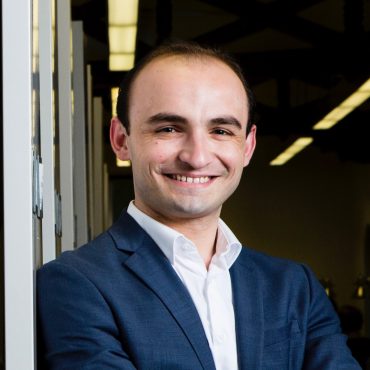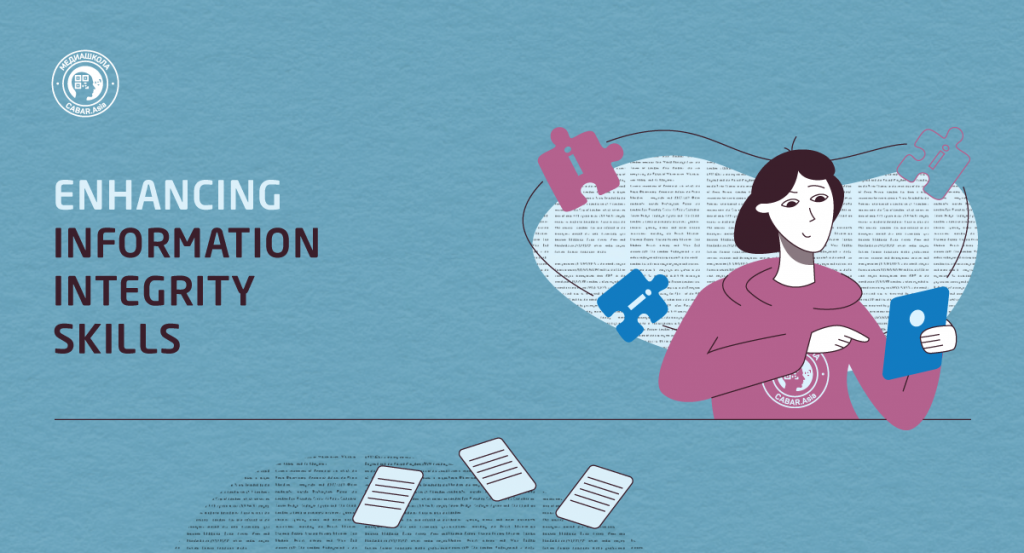What will you learn?
Program
-
Module 1
In this module, you will learn the basic terms of disinformation. Why you should care about disinformation and its fundamental patterns
-
Module 2
This module will familiarize you with two of the most sophisticated disinformation campaigns. You will figure out how operations "Infektion" and "Secondary Infektion" started as well as understand their deliberate connection to disinformation
-
Module 3
Main goals of modern information operations. Do different countries spread or use disinformation as their main form of communication?
-
Module 4
You will learn about a recent and ongoing disinformation campaign developed and managed by the Russian government.The case will demonstrate to course participants the planning and implementation stages,the methods used, tactics, and possible results of a disinformation campaign.
-
Module 5
The module will introduce participants to the idea of fragility and antifragility in disinformation. Are we prone to information manipulation and can information manipulation change our behavior?
Instructors

Zviad Adzinbaia
Feedback on “Enhancing Information Integrity Skills”




